|
This week a report was released stating that the richest eight individuals in the world have more wealth than everyone else combined. You're expected to perceive this as a problem, without putting thought into whether or not the mega-rich earned their money legitimately in the marketplace, or parasitically through government intervention. You're also expected to rally behind government redistribution efforts to fix this so-called problem. Ron Paul discusses on today's Myth-Busters.
By Ron Paul
Yesterday, I joined CNBC's Futures Now program to discuss the incoming Trump administration and why we can expect increases in both government spending and debt. We also touched upon the gold and silver markets as well. You can watch the brief clip below: By Tyler Durden Ever since 2012 we have warned that one of the biggest threats arising from the US student loan bubble - which is no longer disputed by anyone except perhaps members of the outgoing administration - is not that it is soaring at an unprecedented pace, that's obvious for anyone with the latest loan total number over $1.4 trillion, rising at a pace of nearly $100 billion per year, but that the government - either on purpose or due to honest miscalculation - was not correctly accounting for the true extent of delinquencies and defaults. Today, we finally got confirmation that, as speculated, the US government was indeed fabricating student loan default data, making it appear far lower than it was in reality. An the WSJ reported overnight "many more students have defaulted on or failed to pay back their college loans than the U.S. government previously believed." The admission came last Friday, when the Education Department released a memo saying that it had overstated student loan repayment rates at most colleges and trade schools and provided updated numbers. This also means that the number of loan defaults in various cohorts is far greater than previously revealed. A spokeswoman for the Education Department said that the problem resulted from a "technical programming error." And so, the infamous "glitch" strikes again. How bad was the data fabrication? When The Wall Street Journal analyzed the new numbers, the data revealed that the Department previously had inflated the repayment rates for 99.8% of all colleges and trade schools in the country. In other words, virtually every single number was made to appear better than it actually was. And people mock China for its own "fake data." According to an analysis of the revised data, at more than 1,000 colleges and trade schools, or about a quarter of the total, at least half the students had defaulted or failed to pay down at least $1 on their debt within seven years. This is a stunning number and suggests that the student loan crisis is far greater than anyone had anticipated previously. It also means that the US taxpayer will be on the hook for hundreds of billions in government-funded loans once attention finally turns to who is expected to foot the bill for years of flawed lending practices. As the WSJ adds, this isn’t the first time data problems have affected the Education Department: a recent government report criticized how the department tracks information including the budgetary implications of student loan forgiveness. “This is a quality control issue with a Department of Education that has been facing criticism already for other data issues,” Robert Kelchen, an assistant professor of higher education at Seton Hall University. The department “needs to be regularly audited so these issues can be discovered sooner.” There is another interpretation: as we reported yesterday, when we revealed that a Chinese province admitted it had fabricated fiscal data for the period 2011-2014, the reason the data were made up "because officials wanted to advance their careers." One can imagine that the career pressure for those government workers who would report, and be held accountable, for revealing the true picture of America's disastrous student loan bubble, would be likewise staggering. * * * Going back to the report findings, the student loan repayment rates were originally released in 2015 as part of the Obama administration’s College Scorecard, which followed an aborted attempt to rate colleges and tie federal funds to those ratings. At the time, the Journal reported that at 347 colleges and vocational schools, more than half of students had defaulted or failed to pay down their debt within seven years. Those figures were based on students were supposed to start repaying loans in 2006 and 2007. In September, the Department released data tracking students who should have begun repayment in 2007 and 2008, and that number rose to 477. But with the updated number released last week, that number grew to 1,029. Worse, no college saw its repayment rate improve under the revision, and some schools saw their seven-year repayment rates fall by as much as 29%. The worst offender was the University of Memphis which had one of the largest drops in its repayment rate following the recalculation. Previously, the Department said that 67% of its students were repaying loans within seven years of entering the repayment period. That number fell to 47% after the recalculation. The University was not happy. In a statement, the school said it “was not contacted by or made aware of the data changes” from the Education department. “Given the magnitude of the numerical changes in the report released by the Department of Education, the University of Memphis will be challenging the accuracy of the newly adjusted data,” the statement said. The far more dire implications, however, are for broader student loan market, because if the latest unfabricated data suggesting that loan delinquencies are rapidly rising toward 50% across most of America's colleges, then the US is facing a default problem of staggering proportions. Recall that back in December 2014, The Treasury Borrowing Advisory Committee forecast that in an aggressive scenario, as much as $3.3 trillion in student loans could be outstanding by 2024. Incidentally, that is the scenario that has captured the growth of student loans since it was presented. Apply default rates of 40-50% to this number, and the bill to the US taxpayer for the next mass bailout starts taking shape.
This article was originally published at Zero Hedge. Arizona Senator John McCain has proposed a massive increase in military spending, arguing that the US must be able to fight and win conventional wars in Europe, Asia, and the Middle East. Is this a great leap forward...or a blunder back to the past?
By Ron Paul As I have said many times in the past, the American people are very generous and compassionate. It's a great error to believe that if government doesn't do something, that no one else will. Accepting such a notion opens the door wide open for one government power grab after another. This afternoon, in response to Senator Bernie Sanders' assertion that "we are not a compassionate society," my son Rand had a fantastic response that I'd like to share with you today: "One of the things that’s extraordinary about our country is just two years ago, in 2014, we gave away $400 billion — privately, not the government, individually — to churches and to charities. We’re an incredibly compassionate society. This was misplaced in sort of the wonky numbers of this number and that number within health care how much we do help each other. Americans are tremendously generous as it is, but imagine how much more generous we would be if the income tax were abolished and we were able to keep the fruits of our labor.
Imagine how much more generous we could be if The Fed didn't constantly debase our currency and rob us of purchasing power. We're very generous now, and that's with the government weighing us down. We know for a fact that government assistance is a disaster. Perhaps we could really unleash the generosity of the American people by getting government out of the way. That sounds like a plan. President Obama's last minute commutation of Chelsea Manning's 35 year sentence for leaking hundreds of thousands of classified documents on the Iraq and Afghanistan wars surprised Washington. Did he do the right thing?
By Chris Rossini
Trump's Education Secretary, Betsy DeVos, is going through her confirmation hearing. At one point Senator Bernie Sanders brought up "tuition-free" colleges, one of the many unicorns that live in progressive imaginations. Mrs. DeVos replied to Sanders with a rational statement. She said: "Nothing is ever free—someone has to pay for it." In Washington, that's almost a revolutionary statement. But is it true? Yes and no. If government is involved in providing anything to anyone, it is true. It's never free. The reason being that government is not a producer. It creates nothing. Every cent that government has, it must first take by force from some person. Government then takes a cut for itself (a very nice cut ... politicians live very well you know) and then give whatever is left over to a totally different person. This is all considered "legal," which is very strange because if you steal in private life, it's rightfully frowned upon and is considered a major crime. It doesn't matter if you steal to feed your hungry kids, or to save your grandmother's life. There is no mercy or sympathy for you. You're a criminal no matter what excuse you may have. However, if you were to do the same exact thing wearing a government uniform, not only are you not considered a criminal, you're actually cheered on by almost everyone. Many times even your victims are cheering you on! That's the key word --- "victims". Whenever government provides something for free, there must be victims. They're victims because they're being forced to cough up the money. They are not free to do as they please. So nothing is "free" if government is involved. How about in the private, peaceful and moral side of life? Is it possible for something to be "free" for all of us that don't wear government uniforms? The answer is yes. If you go to an employer and he hires you, a voluntary contract is made. You trade your labor and skills for a wage. There are no victims. You can then take a part of that wage and feed your hungry kids with it. You can voluntarily help someone that has fallen on hard times. If you don't know anyone that is really suffering in your immediate sphere, you can give money to a private charity. They'll put it to good use. There are no victims. No one forces anyone to do anything. "Hot" money doesn't change hands. It's all legit and the recipients all receive a free and voluntary gift. There is such thing as free, as long as government is not involved. Don't steal....It's such an easy concept to understand, isn't it? Sadly, there are many people who have a major problem with this. They have a never-ending litany of excuses as to why government must steal. The excuses are often coupled with lots of euphemisms to put the theft into a positive light. Down the rabbit hole they go every single time. Real charity is the way to go. No unicorns required. The balance of powers in the US government has taken a steady shift toward the executive branch at the expense especially of the legislative branch. Constitution scholar Louis Fisher joins the Liberty Report to look at what this may portend for the coming Trump Administration. Follow Lou Fisher's work at: http://loufisher.org
By Ron Paul
I think the thing that I admire the most about Rev. Martin Luther King Jr. is that he preached non-violent civil disobedience. Most people will not talk about Rev. King's anti-war views, and it may have been one of the reasons that he was assassinated. In honor of Rev. King's birthday, I'd like to share some heroic quotes of his against the American military empire: - "The greatest purveyor of violence in the world today is my own government." - "We must pursue peaceful end through peaceful means." - "We all have to be concerned about terrorism, but you will never end terrorism by terrorizing others." - "Wars are poor chisels for carving out peaceful tomorrows." - "Nothing good ever comes of violence." - "The chain reaction of evil--wars producing more wars -- must be broken, or we shall be plunged into the dark abyss of annihilation." - "We must concentrate not merely on the negative expulsion of war but the postive affirmation of peace." - "I have condemned any organizer of war, regardless of his rank or nationality." - "Peace is not merely a distant goal that we seek, but a means by which we arrive at that goal." - "God didn't call America to do what she's doing in the world now. God didn't call America to engage in a senseless, unjust war as the war in Vietnam. And we are criminals in that war. We've committed more war crimes almost than any nation in the world, and I'm going to continue to say it. And we won't stop it because of our pride and our arrogance as a nation." (h/t - Antiwar.com) The Rev. Martin Luther King was an important civil rights leader, but we must not forget that he was an uncompromising opponent of the Vietnam war and of violence in general.
|
Archives
July 2024
|

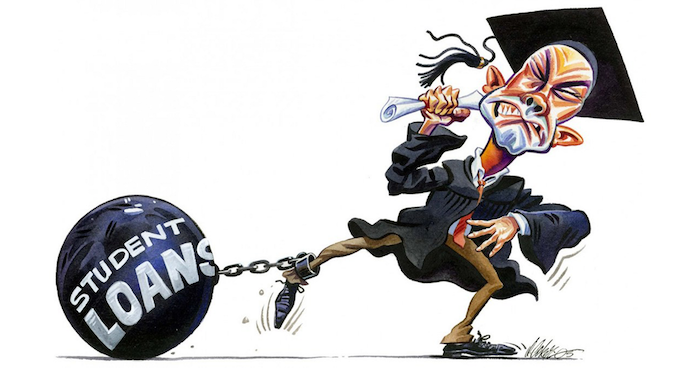
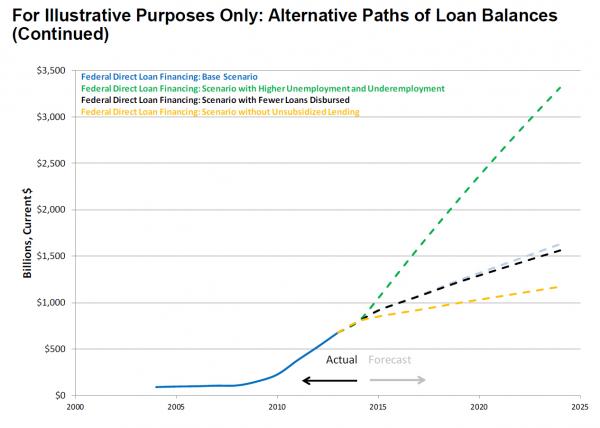
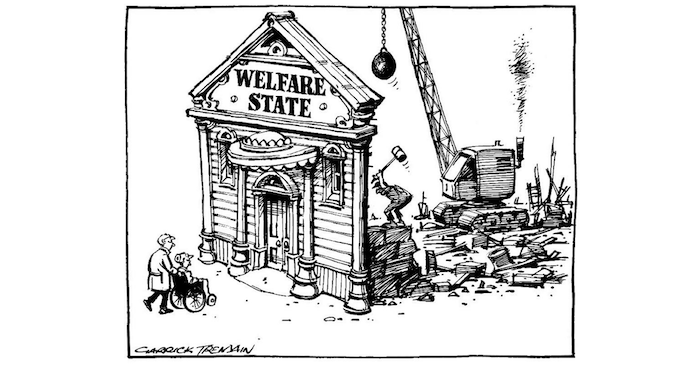
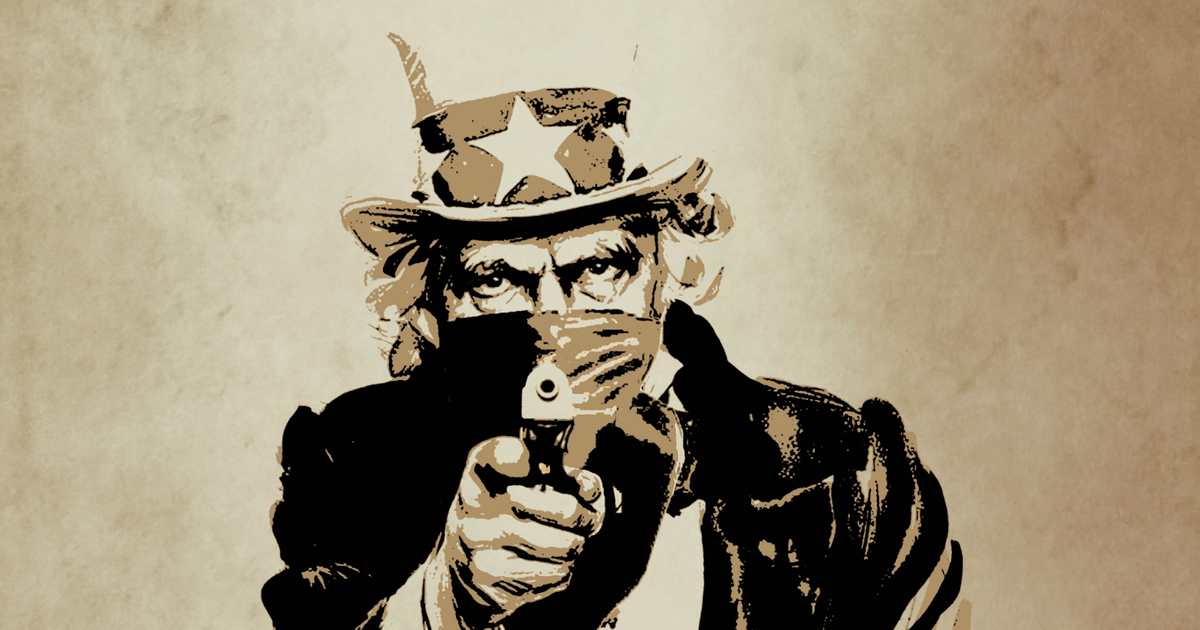

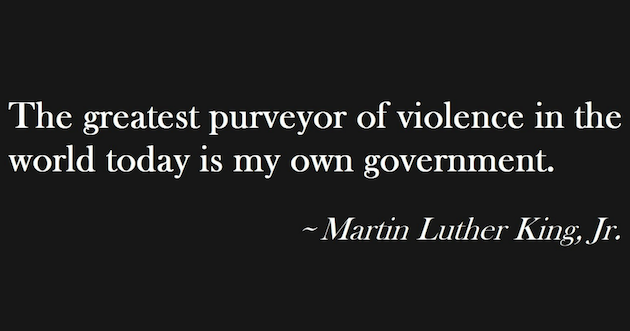

 RSS Feed
RSS Feed



